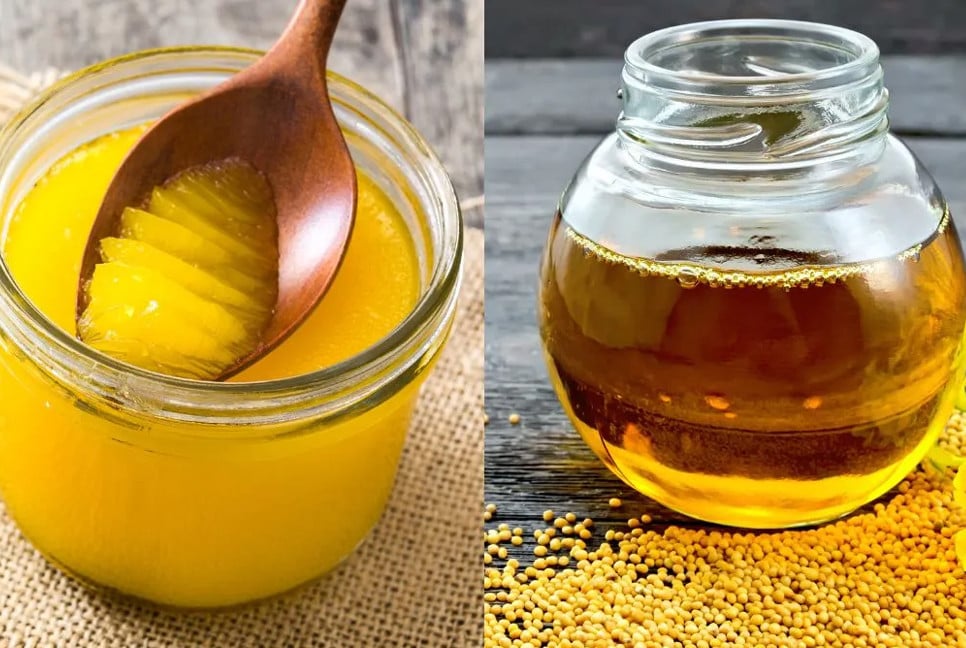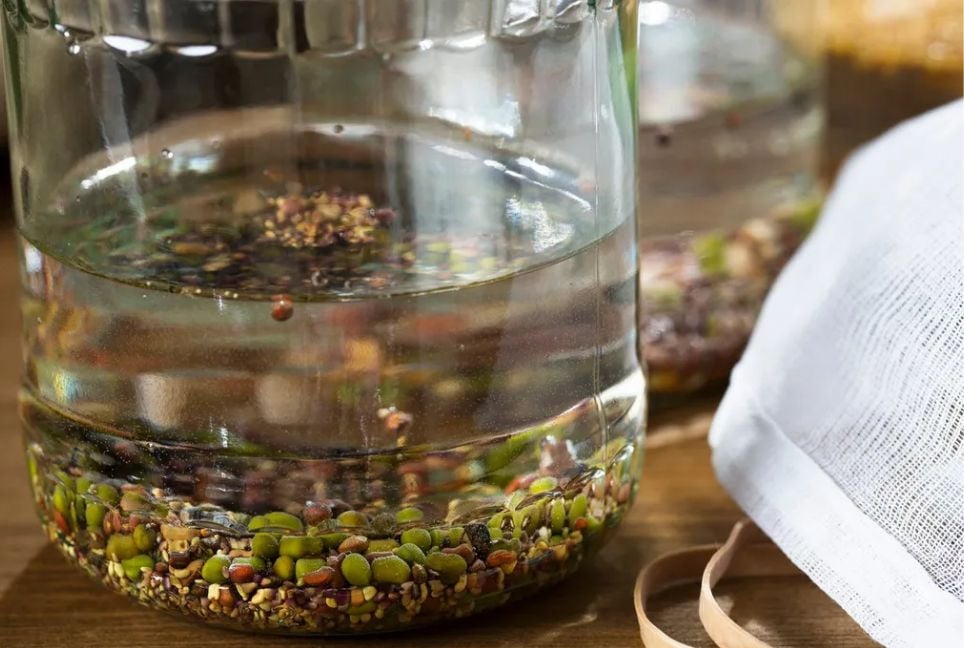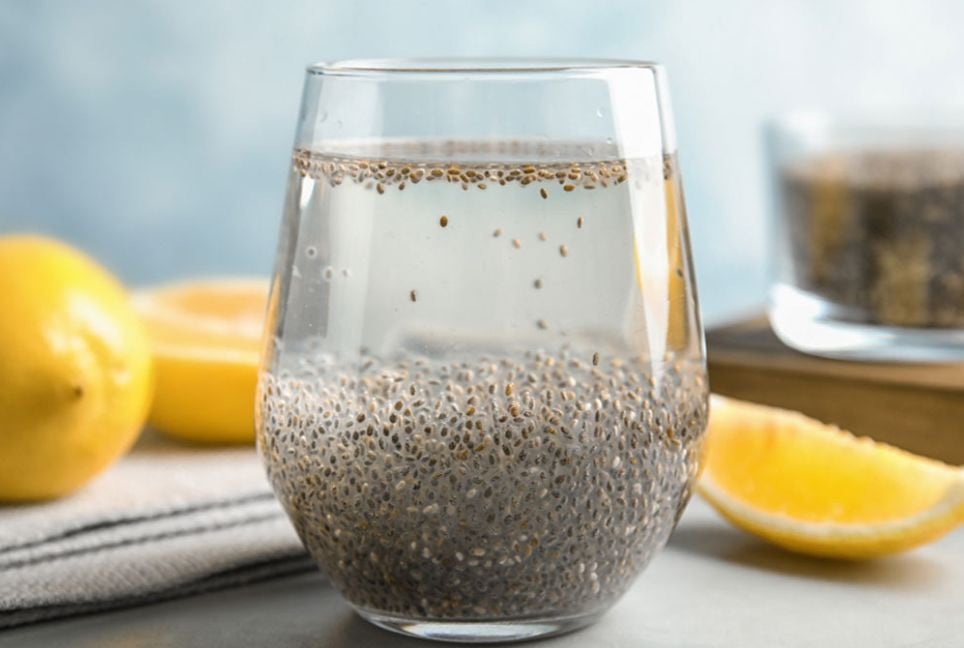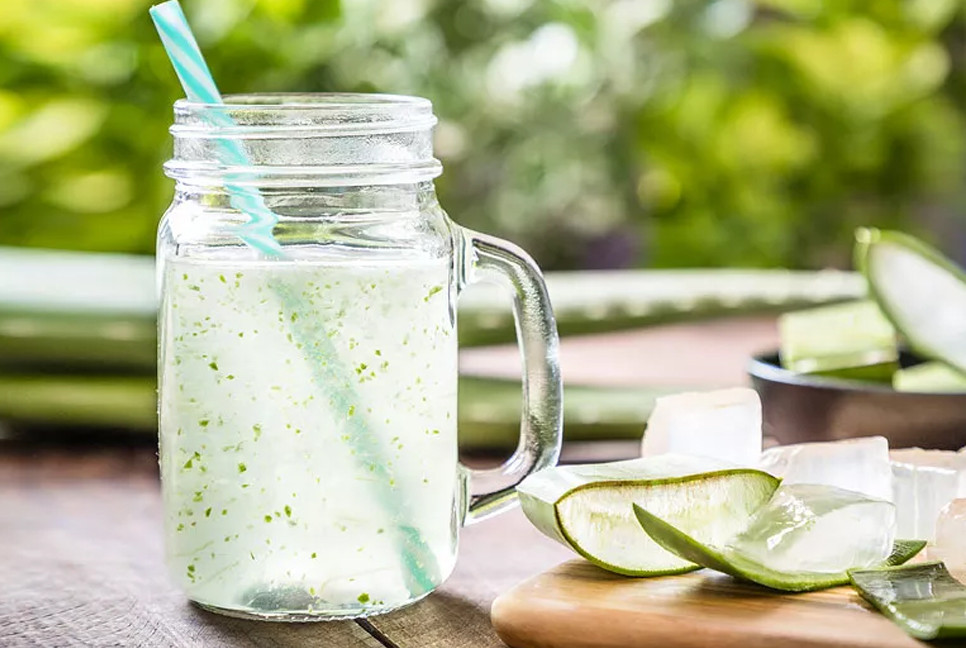Whether you're making curries, pakoras, or parathas, ghee and mustard oil are essential ingredients that elevate the taste and flavor of these dishes. These cooking fats play significant roles in different regional cuisines, offering various health benefits. Ghee is cherished for its rich texture and fragrant aroma, while mustard oil is known for its bold, pungent flavor. But have you ever wondered which one is the better choice for cooking? Let's find out.
What Is Ghee?
Ghee is a type of clarified butter that is derived from simmering butter until its water content evaporates, leaving behind pure butterfat. Known for its aromatic flavour, ghee is a staple in Indian households, often used in everything from sweets to curries. It has a high smoking point of around 375°F (190°C), making it suitable for frying, sautéing and deep-frying.
Ghee is rich in saturated fats and contains essential vitamins like A, D, E, and K, along with omega-3 fatty acids and butyric acids. As per Ayurveda, ghee is excellent for its numerous health benefits, including improving digestion, enhancing brain function and strengthening immunity. However, its high saturated fat content has raised concerns about heart health, specially if consumed excessively.
What Is Mustard Oil?
Mustard oil is extracted from mustard seeds and is widely used in northern and eastern Indian cuisines. Known for its pungent flavour and vibrant reddish-brown colour, this oil is a favourite for tempering, stir-frying, and pickling.
Mustard oil is rich in monounsaturated and polyunsaturated fats, including omega-3 and omega-6 fatty acids, which are beneficial for heart health. It also contains antioxidants, vitamins, and glucosinolates that possess antifungal and antibacterial properties.
Despite its health benefits, mustard oil contains erucic acid, which has been linked to potential cardiac issues when consumed in excess. Its low smoking point makes it less suitable for deep-frying, but it is excellent for slow cooking and adding a distinctive taste to dishes.
Ghee Vs Mustard Oil
Flavour and Versatility
Ghee offers a rich and buttery flavour that enhances the taste of sweets, curries and fried dishes. On the other hand, mustard oil imparts a bold, tangy flavour that complements pickles, marinades and traditional regional recipes.
Nutritional Profile
Mustard oil edges out ghee in terms of healthier fats, containing a higher proportion of monounsaturated and polyunsaturated fats. These fats help in reducing bad cholesterol and improving heart health. Ghee, while rich in saturated fats, provides essential fat-soluble vitamins and omega-3 fatty acids that are vital for brain and joint health.
Smoking Point
Ghee’s high smoking point makes it more stable at high temperatures, ideal for deep-frying and sautéing. Mustard oil, with its relatively lower smoking point, is better suited for tempering and low to medium-heat cooking.
Health Benefits
Both ghee and mustard oil offer unique health benefits. Ghee supports digestive health, boosts immunity, and nourishes skin and hair. Mustard oil promotes better circulation, oral health, and muscle relaxation while offering antifungal and antibacterial properties.
Which Is Better For Cooking?
Choosing between ghee and mustard oil largely depends on the cuisine and cooking technique. Ghee is a more stable and safer option for deep-frying and high-heat cooking. On the other hand, mustard oil is ideal for regional recipes that need a sharp, pungent flavor. Combining both cooking fats is often recommended to maximize their health benefits.
Source: times now news
Bd-pratidin English/ Afia




































































